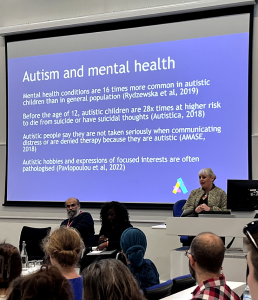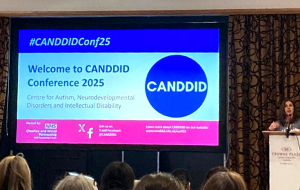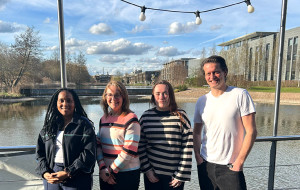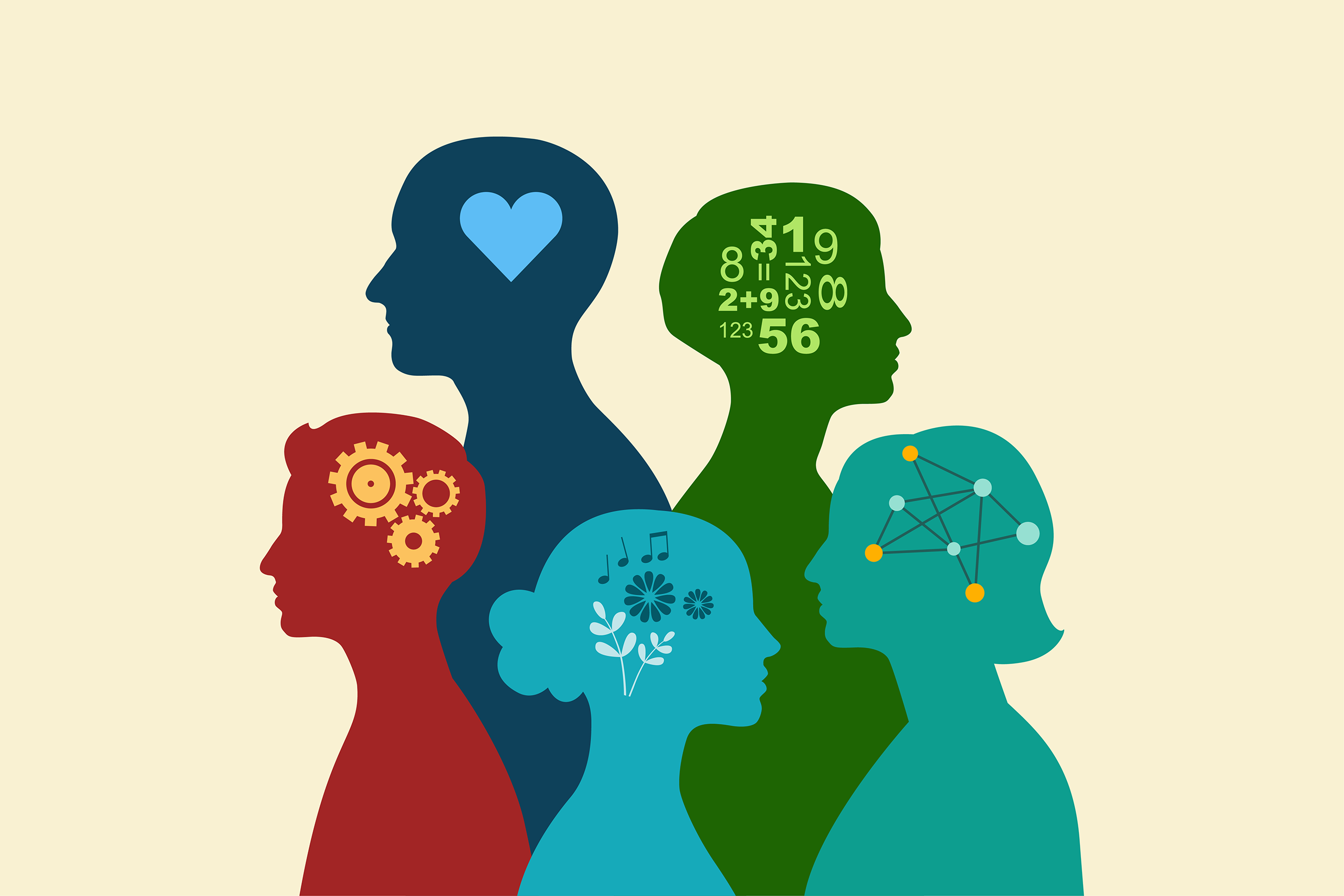To truly drive meaningful change for neurodivergent individuals, staying on top of neurodiversity research and discussions is key.
Over the last month, we have attended various conferences whose aim is improving outcomes for neurodivergent individuals. This has allowed us to gain a deeper understanding of the current landscape, the needs of neurodivergent individuals and clinical services, and identified areas for further clinical and research work to collaborate towards the main goal of improving outcomes for neurodivergent people.
The Children and Young People’s (CYP) mental health and neurodiversity conference
Hosted by City St George’s University of London, and BBC Children in Need, this conference focused on the intersectionality of mental health and neurodiversity. We know that neurodivergent CYP are far more likely to suffer from mental health difficulties.Throughout the day, data and evidence was presented not only highlighting this, but also demonstrating that they experience poorer outcomes by every measurable standard.

Discussions reinforced that making changes from an intersectional lens may prove difficult. However, to transform systems, experiences and improve outcomes for neurodivergent individuals, collaboration is key.
There can be multiple solutions:
- New innovations are already starting to come into force.
- Working to expand general awareness of neurodiversity not only within clinical and educational settings, but within the wider community.
- Using inclusive therapeutic practices can help to engage neurodivergent CYP in therapy.
Watch our webinar on this topic here.
CANDDID: tackling health inequalities and improving outcomes for neurodivergent individuals

CANDDID is a research centre part of the Cheshire and Wirral Partnership NHS Foundation Trust. The main theme of the conference was Health Inequalities and Neurodevelopmental Conditions, a theme that strongly aligns with our work at Mayden.
A critical challenge highlighted during the sessions was the widening gap between increasing rates of referrals for assessment and the capacity to conduct these assessments. Ongoing developments and innovations are helping, but are not enough to solve this challenge.
- Services and diagnosis cannot be considered in isolation.
- A collaborative, integrated approach across all sectors is essential to streamline pathways and reduce the burden on individuals and families.
- People are currently facing multiple waitlists and the distress of repeatedly repeating their stories, which needs to be addressed.
Taking steps to improve the quality and consistency of data coding is a foundational step, alongside acknowledging the differing wait times for various neurodevelopmental conditions, for example, current longer waits for ADHD assessments.
Ultimately, creating compassionate, flexible, and joined up systems that actively seek to understand and accommodate the needs of neurodivergent individuals and their families both pre and post diagnosis is key to achieving equitable access and improved health outcomes.
Watch our interview with Naomi Williams whose research aims to explore the gateway and patient journey for children and young people (CYP) with co-occurring mental health difficulties.
Hidden in Plain Sight: research and clinical update on ADHD in girls and women
This conference educated on current research and identified key clinical and research needs going forwards.
- Dr Lotta Borg Skoglund, Senior Consultant in Family Medicine and Psychiatry discussed outcomes from her recent Swedish study, which highlights significant disparities in the ADHD experience between girls and boys.
- Andrew Harpham-Salter, Consultant Psychiatrist at the Open Practice, explored how working with women with ADHD has transformed his clinic. ADHD in girls and women is frequently a “last diagnosis,” with individuals often mislabeled with conditions like eating disorders or PTSD. It highlights a systemic failure to recognise the distinct presentation of ADHD symptoms in girls, compared to traditionally understood male symptoms.
- Maxime de Jong, physician-scientist, discussed clinical experience and research towards female-specific treatment for ADHD. In a world described as designed for men, women with ADHD have a need for tailored treatment. Hormonal influences significantly impact the prevalence and severity of symptoms. This should encompass medication and other therapies.

Our key takeaways from these neurodiversity conferences are clear: systems must evolve to better serve and improve outcomes for neurodivergent individuals. The need for compassionate, joined up care is unquestionable.
Lets work together to create a world where neurodivergence is met with understanding, flexibility and integrated support. This will lead to improved health outcomes and brighter futures.


